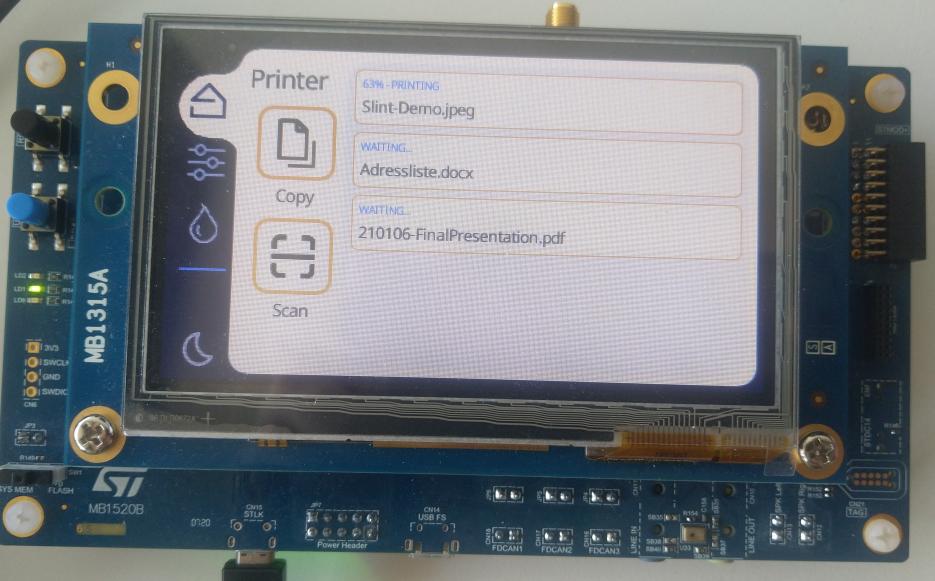25th of April 2022 to 2nd of May 2022
This week we started to work towards making Slint applications accessible. We are in early stages, but the work is already visible in the accessibility branch on Github.
The first PR "Start working on accessibility: The compiler part (#1193)" has already landed and shows the compiler side of the story.
Accessibility is a huge topic, we currently validating that the ideas we had on how to make Slint fully accessible actually work out in practice. Do not expect a fully accessible toolkit tomorrow!
We also made some progress on easing filtering and sorting of models, but no code for this topic was merged this week.
Slint UI Library
New Features

-
x86_64 linux docker build (#1198)
Add a docker container setup script to build Slint on x86_64.
Thank you to Alec Brown for this pull request!
-
MCU: STM32H735G support (#1191)
We have initial support for STM32H735G boards. More work is needed here though!
Fixes
-
Fix focus movement (#1202
and #1201)
Fix moving the focus between different repeated elements (
forandifstatement in the .slint language).
Other Crates and Libraries
Contributions to other crates and libraries made by the Slint developers:
Cpp
The cpp crate
released version 0.5.7, fixing some clippy warnings in the code it
generates.
Slint uses the cpp crate heavily in its Qt backend, where we
mix C++ and rust code to make the rust code in Slint work with the Qt code
in C++.
Statistics
26 patches were committed in 6 pull requests by 2 authors.
← Next : 2nd of May 2022 to 8th of May 2022 - Release 0.2.2 | Previous : 18th of April 2022 to 24th of April 2022 →
Slint is a declarative GUI toolkit to build native user interfaces for desktop and embedded applications written in Rust, C++, JavaScript, and Python. Find more information at https://slint.dev/ or check out the source code at https://github.com/slint-ui/slint